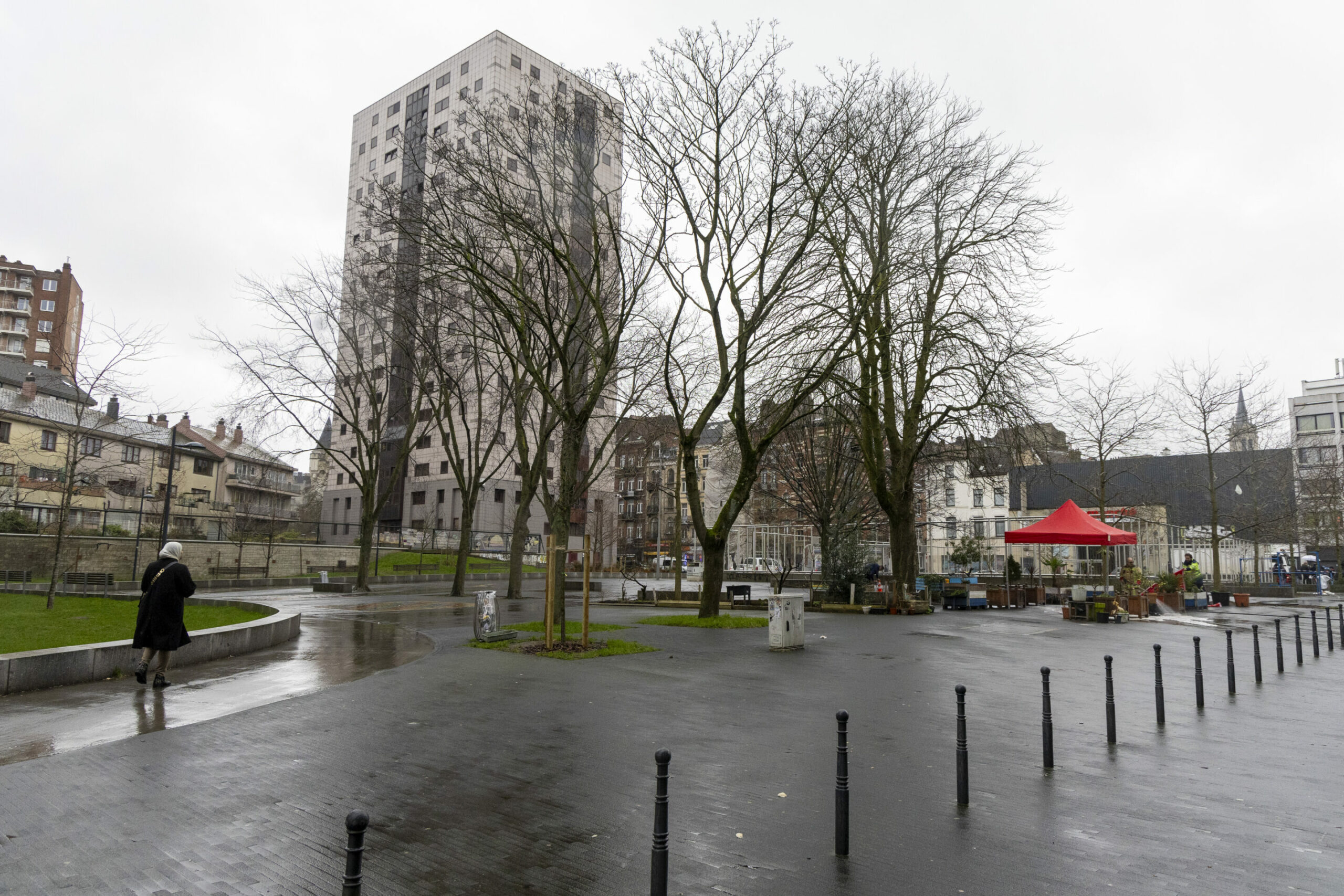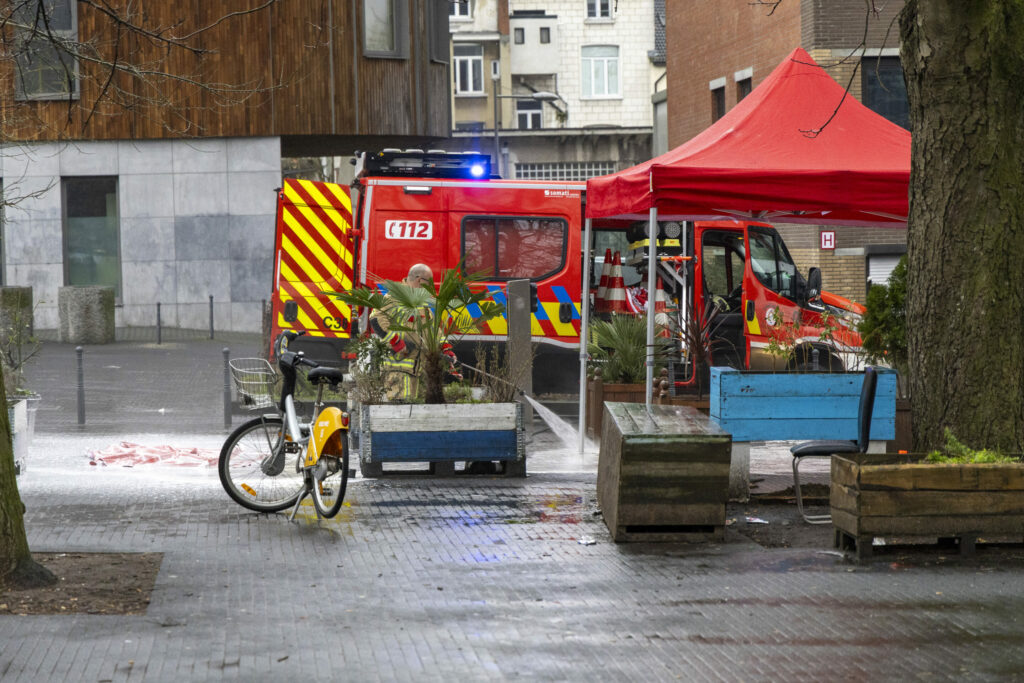In light of the recent shootings in Brussels and growing calls to tackle the situation, Belgian Justice Minister Paul Van Tigchelt has warned that it will likely deteriorate before an improvement is noticeable.
This week, four shootings have taken place in three days, all in the same neighbourhood around the Porte de Hal area. Several people were injured and one person died in the fourth shooting.
Local authorities are calling for stronger measures. Jean Spinette, the Mayor of Saint-Gilles where the neighbourhood is located, immediately raised the alarm about the derailing violence between drug gangs.
Van Tigchelt said in an interview on VRT News that investigators believe these incidents were the work of an extremely violent network that can be linked to Peterbos in Anderlecht, which is trying to dominate the drug trade. "And it also appears that that network has been infiltrated by the Marseille mafia."
He stressed that the Federal Government is working to tackle drug trafficking and escalating drug violence on many fronts.
No immediate effect
A series of measures were announced at the start of last year following calls from the Antwerp authorities, which due to its large port is one of the Belgian cities most affected by drug traffickers, which is seen in the high level of violent drug-related incidents in the Flemish city.
He argued that there have never been so many detainees in prison, just one result of these measures. However, to outsiders and locals affected by this violence, it seems these efforts are not yet bearing fruit.
"I understand that the people in the affected neighbourhoods in Brussels feel that our efforts are not delivering results," said Van Tigchelt.
Van Tigchelt's approach is to change the course through policy, but that does not always have an immediate visible effect on the ground. "I have always said that it gets worse before it gets better," he noted. "This is because we are chasing the drug bosses and they get nervous." That situation causes more incidents.

Police pictured on the scene were a person was shot and killed at the square Jacques Franck in Saint-Gilles on Wednesday 14 February 2024. Credit: Belga/Nicolas Maeterlinck
From several sides, calls have come to increase police presence on the streets, including from Brussels mayors. Van Tigchelt argued that many additional police officers have already been taken on.
"There are already more people. There have never been so many police on the ground as today. But our police are too burdened with things that aren't their responsibilities," he said. This includes guarding the prisons when the staff go on strike, among others.
Others have called for a merging of the Brussels police zones, but Jurgen De Landsheer (chief of police of the Brussels police zone Midi) said this "will only take the police further away from the population" at a time when locals want a more personal police service that is close to hand and works alongside their community.
Van Tigchelt argued that other remedies need to be investigated. He has asked the European police service Europol for a specific analysis of international criminal drug networks, as the gangs vying for territory in Brussels have international links.
"If we have a picture of who is who, then we can also tackle it in a better way." This would also help in the challenging task of cracking the criminal revenue model.
He concluded that there is also a task in the wider field, such as in education and employment, especially in neighbourhoods like Peterbos, where "all society's problems come together", including poverty and so-called "illegal migration".

